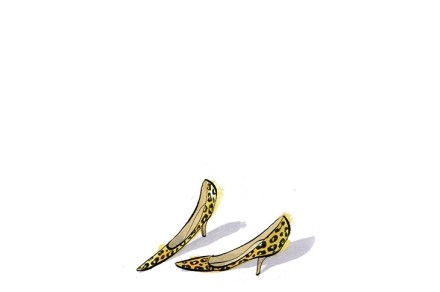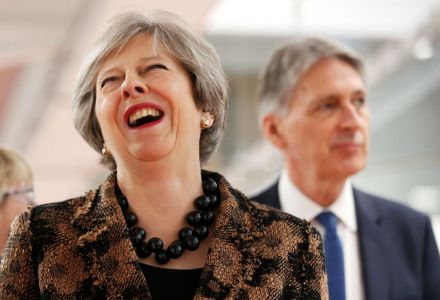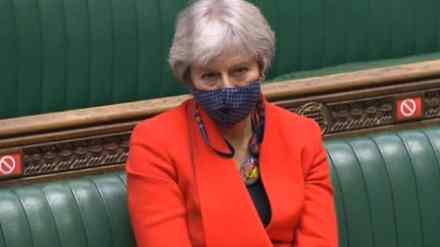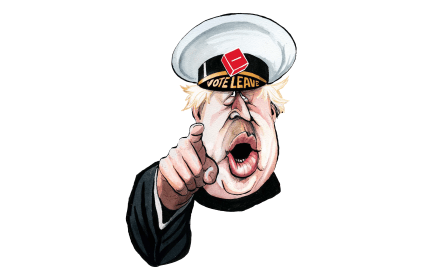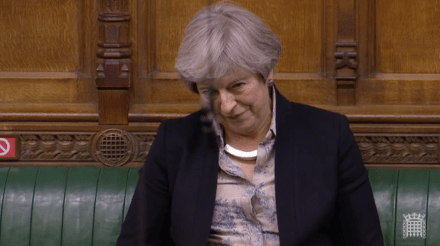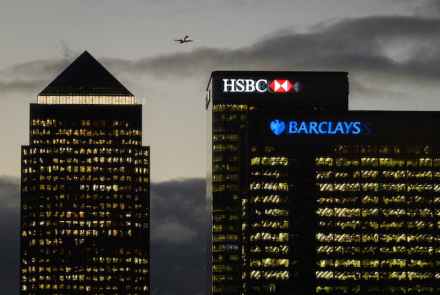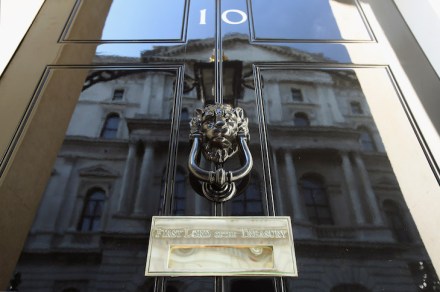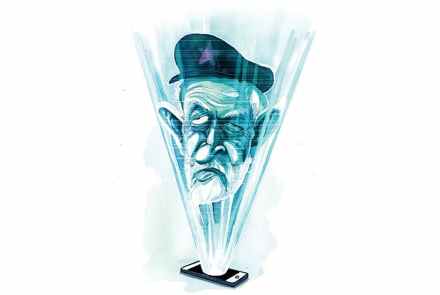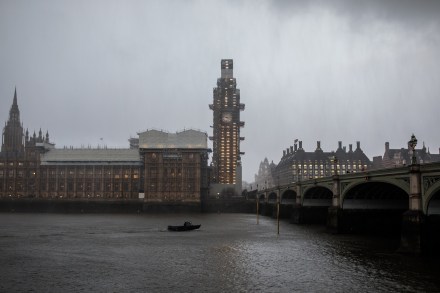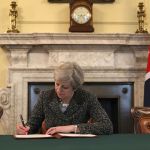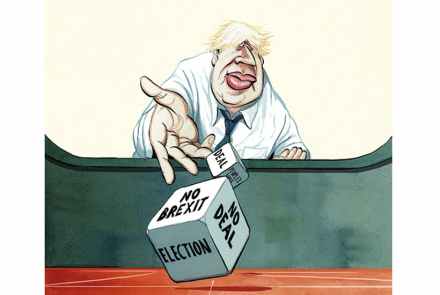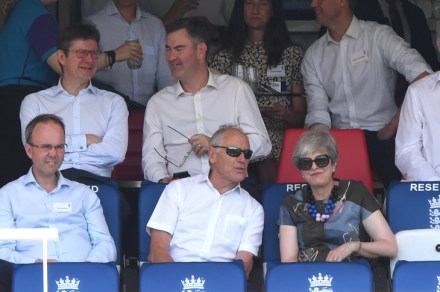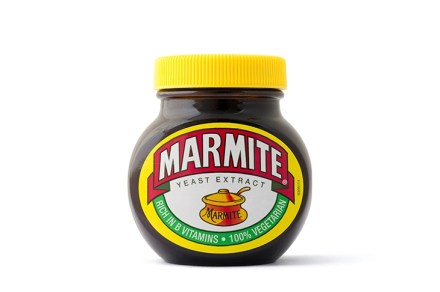How did an enigma like Theresa May become PM?
Theresa May is not the easiest person to speak to in Westminster. She is reluctant to get drawn into a conversation unless she knows what the outcome of it is going to be. But it is still surprising to find the lengths that her colleagues had to go to, to get an understanding of what she wanted to do as Prime Minister. In an interview with Britain in a Changing Europe, Gavin Barwell recalls going to see her after the 2017 election – which had seen May lose her majority and Barwell his seat. In an attempt to reset her premiership, May had invited him to be her chief of
